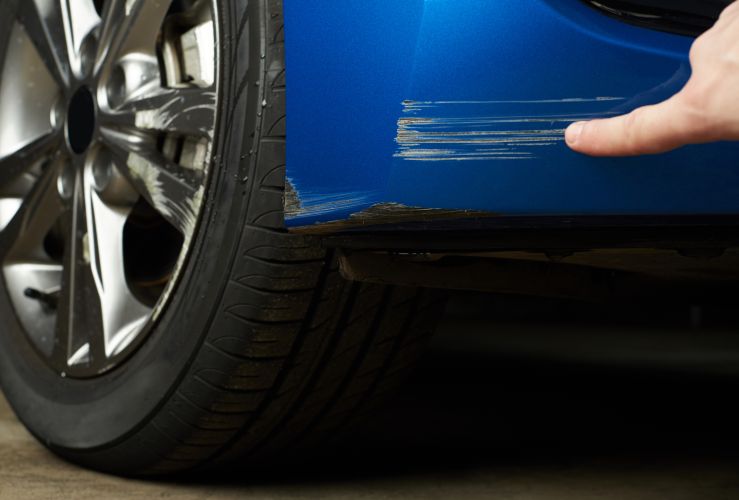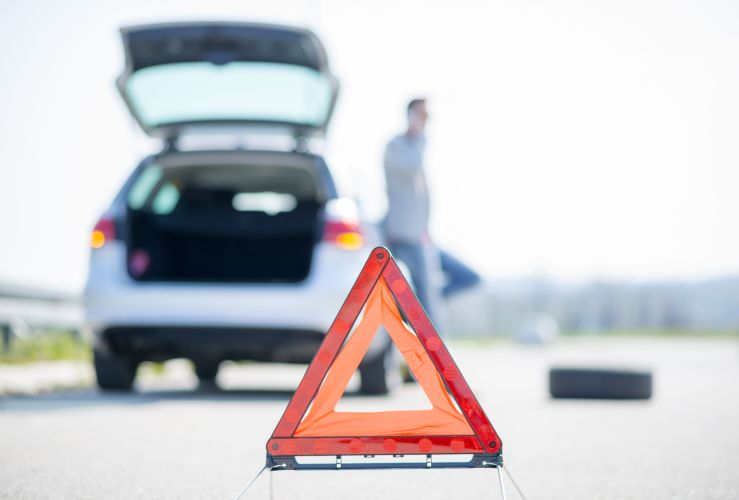Renting a car was once a straightforward experience, but today is fraught with pitfalls. Hire firms now face stiff competition, not least because they have to fight hard to stay at the top of price comparison websites. Many hire companies have adopted sales tactics comparable to those of no-frills airlines, offering competitive headline rates, but then pushing a raft of additional costs onto customers. These can include insurance against you damaging the car, additional driver fees, child seat rental and fuel charges. Many agents are urged to give the hard-sell with these add-ons and may face the sack if they do not meet targets. The most successful agents receive tens of thousands of pounds in commission each year.
So, how to minimise the cost of renting a car? We've compiled a number of tips to head off aggressive and sneaky sales tactics before you sign on the dotted line.

Choose your rental firm carefully
With so many hire companies adding extras on to the headline cost, it’s important to look for those with transparent pricing. This means you will likely pay a little more for the hire, but you will have a less stressful experience at the hire desk. When it comes to car hire, it may pay to choose a more costly option.
What is Collision Damage Waiver (CDW)?

Taking out CDW means you won’t be liable for repair costs should you damage the vehicle. Even if you take this option, you will probably have to deal with a large excess - sometimes in the region of £1,500. It usually covers damage sustained when colliding with another car, not single vehicle damage. In recent times, the scope of CDW has reduced, as firms look for ways to secure their profit margins. Look for firms whose CDW will still cover you if you bump into a lamppost or scratch the door. But even these are unlikely to cover damage to tyres, wing mirrors, hubcaps and windows. Clutch failure and towing in the event of a breakdown are also normally excluded. As always, take the time to read the small print.
Full-to-empty, or full-to-full?

A full-to-empty policy means you pay upfront for a full tank and return the car as near to empty as is possible. Many customers end up filling up for a higher price, without using all the fuel. This results in a decent win for the hire firm, which doesn't need to pay as much for a full tank. You’re best off with a full-to-full tank policy.
Should you take out an excess reimbursement policy?
This is top-up cover which refunds excess CDW and theft protection fees charged by the hire firm. It is normally bought at the time of reservation and is provided by a separate insurer - not by the hire company. A credit card deposit is therefore still required by the rental outfit, an amount that can sometimes be 'ring-fenced' so it cannot be spent in the meantime. If damage takes place, standard charges are usually levied by the hire firm. It can be tricky to find out this figure, which must be supplied to the separate insurer for the claim to go ahead. If you're renting for a week or more, you may find it cheaper to take out an annual policy. Be sure to read the small print for exclusions. Top-up cover sold by the hire firm is nearly always much more costly compared to going with a separate insurer.
Should you consider a broker?
A broker may seem like a good idea, but in practice they are often unwilling to help in the case of a problem. Brokers operate on comparison sites, but in effect the agreement is between you and the rental firm, with whom you must deal directly if there is an issue. There are many new players in the car rental game, but you might be best off going with an established UK company.
Should I upgrade my hire car?
You should receive the car you have booked, and not be persuaded to pay for an upgrade if the model is unavailable. This is often a problem in the US. No good rental firm should ask you to pay more for an upgrade. Many agents give customers the hard sell on upgrades, suggesting, for example, that the boot size of your original car might not be large enough.
More tips for renting your hire car
- If the Collision Damage Waiver (CDW) and theft protection excesses are very high, it's worth taking out zero-excess cover. Shop around for the best deal.
- Book ahead for the very best prices.
- Shop around for fees for adding drivers and child seats, as these can be excessively high in some cases.
- Make sure your broker's excess reimbursement policy (if you add it) is in the same name as the main driver on the rental deal, or they may not pay out if there is a problem.
- Understand local driving regulations. For example, in France, you must carry a high visibility yellow jacket - to be worn in the event of a breakdown.
- Ensure your credit card has enough funds to cover the deposit.
- Be sure to tell your hire firm if you're going to be late picking up the car, since some companies will cancel the agreement if you're more than two hours late.
- If you refuse a hire firm's insurance, they may say your card has been declined. This scam can be headed off by having a second card at the
- Read the contract fully before you leave the office - and make sure you are not paying for anything you do not need.
- Make sure you know which fuel is to be used in the car, as using the wrong type is a breach of the CDW cover policy.
- Ensure the car has all the items it should - such as a breakdown warning triangle and yellow hi-viz jacket.

- Check the car thoroughly for damage. Make a note of even the smallest bump or scratch. Take plenty of photos of the car to back you up in the event of a problem.
- Before you drive off, ensure the clutch is not burned out.
- Upon returning the car, ensure it is signed back in. If you can’t do this, in order to avoid being charged for damage you are not responsible for, take more photos of the car to prove its condition.
- If you have a dispute with the rental firm that cannot be satisfactorily resolved, approach the British Vehicle Rental and Leasing Association for help. For EU rentals, ask the European Car Rental Conciliation Service for assistance.





